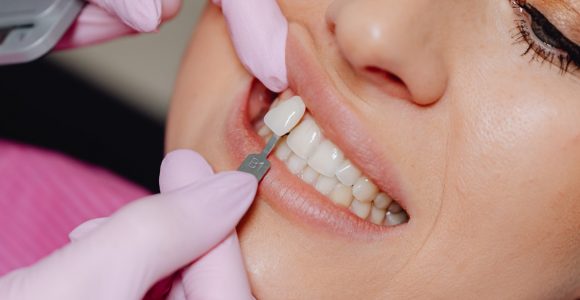Oral implants; FAQs answered

When you have had to put up with a gap in your teeth for some time, you may have become used to it and feel that it is no longer worth closing.
But, aside from the advantage of restoring the functionality to your bite, there are many other advantages to closing dental gaps, including the obvious cosmetic benefit. And this is where oral implants come into play!
However, if you are the same as many other dental patients, you are likely to have some questions about dental implants Wagga before you book yourself in for a consultation with your dentist. Here, some of those questions are answered for your information.
How do oral implants work?
In short, oral implants work by attaching a metal (titanium) peg to your jaw through surgery and then allowing it to fuse over 3 to 6 months.
After this time, if the implant has fused, your dentist will be able to attach a prosthetic tooth or set of teeth, anchoring them firmly in place. You will then be able to bite into and chew food with ease, as there should be no movement or rubbing from your newly fitted prosthesis. If there is movement, contact your dentist!
Is the fitting uncomfortable?
No; when your dentist fits the implants, they will numb the jaw and surrounding area while they fit the implants.
Once you are at home afterward, you will be advised to take over-the-counter pain relief such as paracetamol in order to mitigate the discomfort. If you find that this method is not helping to reduce discomfort, then you need to see your dentist urgently as you may have a dental infection forming.
Will they fall out?
A well-fitted oral implant should not fall out.
This is why your dental team will take measurements of your jaw depth to ascertain the best way to fit the implant.
During the first few weeks after the fitting, you will be advised to keep as much weight as possible off your implants, to prevent them from coming loose or fusing at an odd angle. This means you will need to avoid eating any hard food and to keep the implant site clean, you will need to rinse it with salt water.
How long will they last?
With correct aftercare, such as biannual check-ups with your dentist, twice-daily brushing, flossing, and avoiding activities such as smoking or drinking alcohol, your oral implants should last up to and over 15 years without issue.
However, if you notice that they are coming loose or have fallen out, then please seek an urgent appointment from your dental team to diagnose the cause.
If the crown or prosthetic part of the implant becomes damaged, then your dentist should be able to replace this with a replica.
Can anyone have them fitted?
There are some restrictions related to having oral implants fitted.
For one thing, you have to have good oral health and have a strong and healthy jawbone. As well as this, some conditions can make successful implantation much trickier, including osteoporosis, some auto-immune conditions, and unmanaged diabetes.
DISCLAIMER
Any surgical or invasive procedure carries risks. Before proceeding you should seek a second opinion from an appropriately qualified health practitioner.



